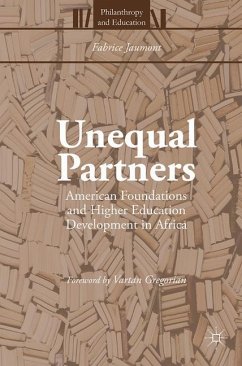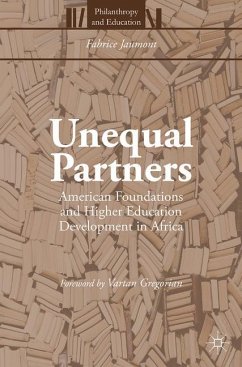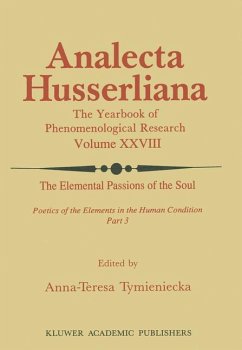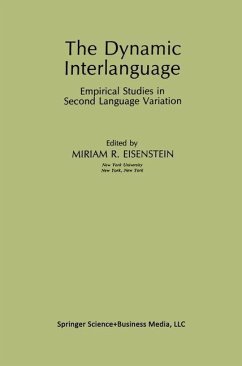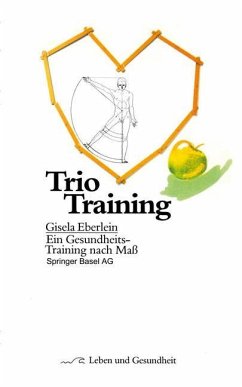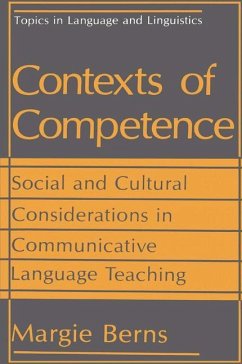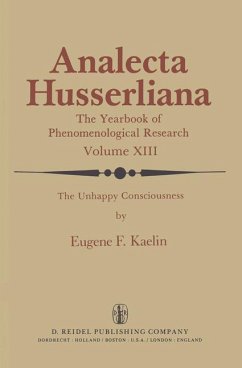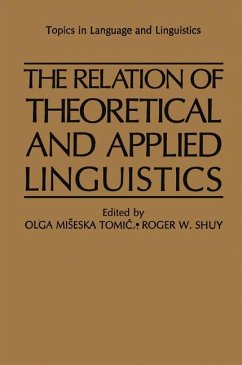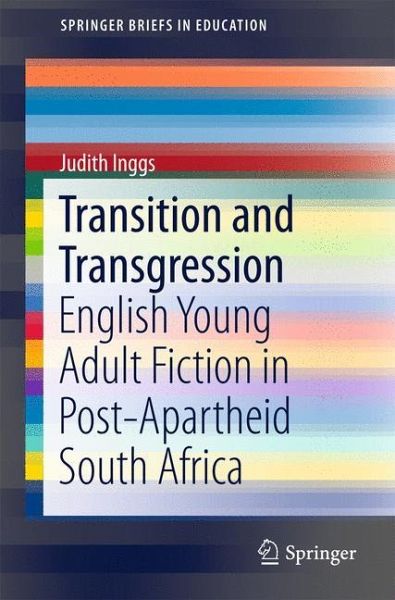
Transition and Transgression
English Young Adult Fiction in Post-Apartheid South Africa

PAYBACK Punkte
19 °P sammeln!
This book conveys the story of a society in the throes of restructuring itself and struggling to find a new identity. A particularly attractive aspect of this study is the focus on young adult literature and its place in post-apartheid South Africa, as well as its potential use in the classroom and lecture hall. Intersecting these two topics provides a compelling lens for refocusing debate on young adult fiction while offering a new and novel angle on debates in South Africa after the end of apartheid. The multilingual and multicultural South African society has resulted in fiction that differ...
This book conveys the story of a society in the throes of restructuring itself and struggling to find a new identity. A particularly attractive aspect of this study is the focus on young adult literature and its place in post-apartheid South Africa, as well as its potential use in the classroom and lecture hall. Intersecting these two topics provides a compelling lens for refocusing debate on young adult fiction while offering a new and novel angle on debates in South Africa after the end of apartheid. The multilingual and multicultural South African society has resulted in fiction that differs from other parts of the English-speaking world. This work presents a holistic critique of South African young adult fiction and addresses issues such as change and transformation, identity politics, sexuality, and the issue of the right of white writers to represent and "write" characters of different races.



